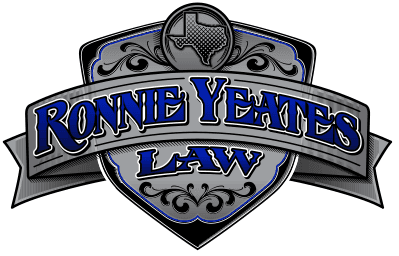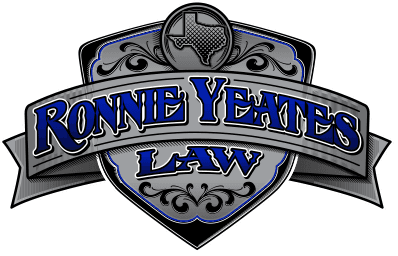When facing criminal charges, it is crucial to understand the role of discovery and exculpatory evidence in building a strong defense. In this blog post, we will discuss the importance of these two elements in criminal defense cases and provide tangible tips on how to effectively utilize them to protect your rights and secure the best possible outcome. Additionally, we will explain how a skilled criminal defense attorney, such as Ronnie Yeates Law, can help you navigate this complex process and ensure that all relevant evidence is considered in your case.
Understanding Discovery and Exculpatory Evidence
Discovery is the pre-trial process during which both the prosecution and defense gather and exchange information and evidence related to the case. This process allows both sides to evaluate the strength of their case, identify potential weaknesses, and prepare for trial. Exculpatory evidence, on the other hand, is any evidence that may be favorable to the defendant and could potentially exonerate them or reduce their criminal liability. The prosecution is legally obligated to disclose any exculpatory evidence they possess to the defense, as established by the landmark Supreme Court case Brady v. Maryland.
Utilizing Discovery to Build a Strong Defense
Effectively using discovery can be the key to building a strong defense in your criminal case. Here are some tips on how to make the most of this process:
- Request all relevant evidence: Your defense attorney should request all evidence that the prosecution plans to use against you, as well as any exculpatory evidence they may possess. This may include police reports, witness statements, surveillance footage, and forensic evidence.
- Analyze the evidence: Once you have received the evidence, it is crucial to carefully analyze it to identify any inconsistencies, inaccuracies, or potential weaknesses in the prosecution's case. This can help you develop effective strategies for challenging the evidence and raising reasonable doubt.
- Conduct independent investigations: In some cases, it may be necessary to conduct your own investigations to gather additional evidence that supports your defense. This may involve interviewing witnesses, obtaining expert testimony, or uncovering new information that was not previously disclosed by the prosecution.
- File pre-trial motions: Based on the information obtained during discovery, your attorney may file pre-trial motions to suppress evidence, dismiss charges, or request a change of venue. These motions can significantly impact the outcome of your case and should be carefully considered.
Protecting Your Rights with the Help of a Skilled Criminal Defense Attorney
Navigating the complexities of discovery and exculpatory evidence can be challenging, especially when your freedom and reputation are at stake. That is why it is essential to have a skilled criminal defense attorney on your side who understands the intricacies of these processes and can effectively advocate for your rights.
At Ronnie Yeates Law, we have extensive experience handling criminal defense cases in The Woodlands, TX, and are well-versed in the role of discovery and exculpatory evidence. We will work tirelessly to ensure that all relevant evidence is considered in your case, and will aggressively challenge any evidence that may be unlawfully obtained or unreliable. If you are facing criminal charges and need a dedicated advocate to protect your rights, contact us today to schedule a consultation.

